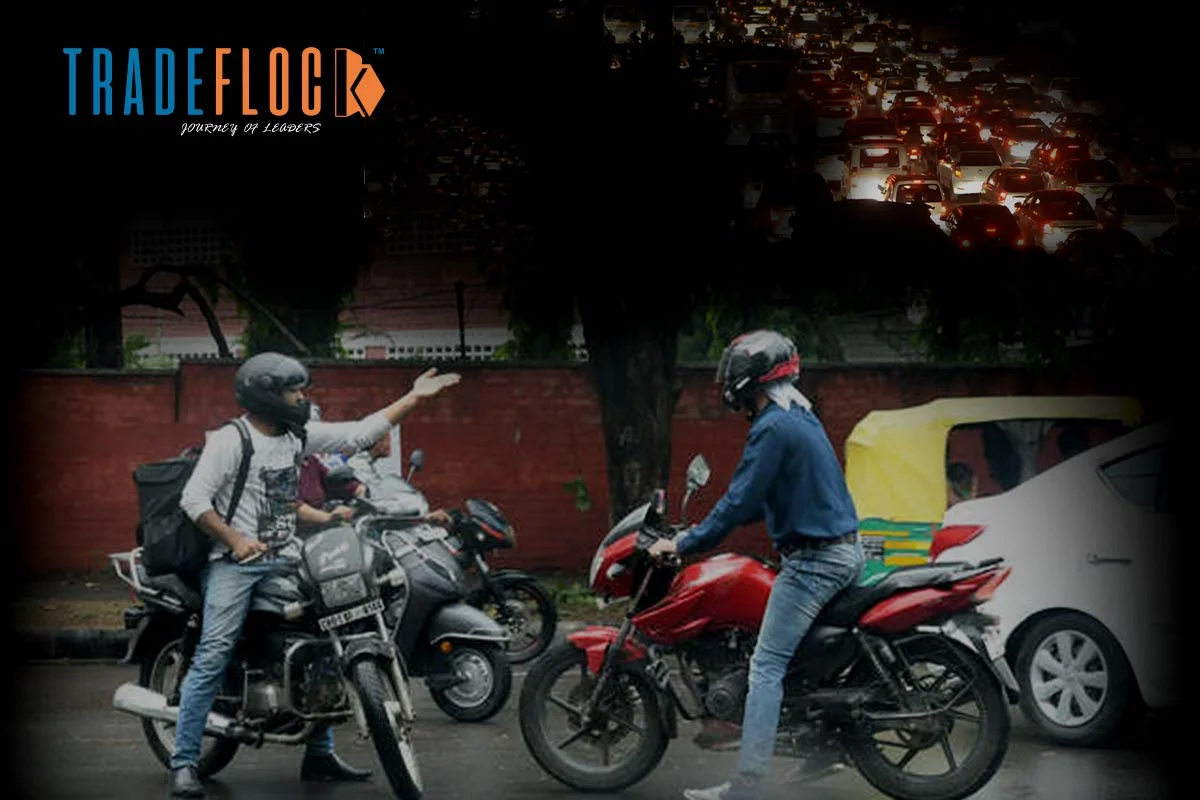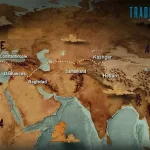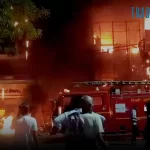In August 2024, recent road rage incidents in India’s Mumbai and Bengaluru highlighted the increasing number of cases of traffic-related aggression. Some of these incidents were captured on smartphones and shared on social media, revealing the extent of violence on the streets and leading to serious injuries. For instance, in Bangalore, a young man threw a stone at a car’s window, taunted the occupant and caused fear among them, including a child. The viral video tagged the Bengaluru Police to highlight the increasing road rage incidents in the city.
Some experts suggest that traffic and temperament are triggers for road rage. Psychologists have discovered that males in their younger age are the most likely to experience road rage while driving due to environment on the way or psychological issues, such as displaced anger, high-life stress and increased aggression and alcohol consumption.
While these incidents can paint a harsh picture, digging deeper into the underlying causes and contributing factors is essential to better understanding the phenomenon. By examining psychological triggers, the impact of alcohol, traffic conditions, and other socio-economic factors, we can get a comprehensive view of why road rage is on the rise and how it can be mitigated.
Table of Contents
The Current Scenario
According to recent data, road rage and rash driving cases in India have seen a significant increase. In March 2022, Union Transport Minister Nitin Gadkari informed Lok Sabha that in 2019 there were approximately 1.55 lakh cases of road rage and rash driving, which rose to 1.83 lakh in 2020 and 2.15 lakh in 2021. This upward trend highlights the growing urgency to address the issue. The National Crime Records Bureau (NCRB) reported that in 2022, road rage incidents contributed to over 4,51,069 cases of rash driving and road rage, indicating that nearly 33 out of every 1,00,000 people were involved in such incidents. The Bangalore City Traffic Police reported that over 4,000 ‘road rage’ cases were recorded in Bangalore during 2023, with 702 additional cases registered by February 2024. Officials noted that 14 to 15 incidents of ‘reckless driving’ are reported daily in the city.
It is more of a Psychological Issue
Recent research by the American Psychological Association indicates that high-anger drivers are more prone to aggressive driving behaviours. These individuals often engage in hostile thinking, express disbelief about how others drive, and sometimes even consider revenge. Hypertension, anxiety, and impulsiveness are common traits among these drivers. They are more likely to experience anger behind the wheel and throughout the day, which can worsen their aggressive behaviour on the road.
Environmental stressors, such as crowded roads and traffic congestion, can also trigger road rage. The frustration of being stuck in traffic and the anonymity of being inside a vehicle can lead to aggressive outbursts. Drivers may feel a sense of detachment from other road users, making it easier to express anger and frustration.
Alcohol Consumption is Injurious to Health and Road Safety
Alcohol impairs vision, reaction time, coordination and judgement, all of which are essential for safe driving. It is also linked to increased aggression, which can fuel road rage incidents. A Michigan University report reveals that even moderate amounts of alcohol can impair a driver’s ability to make a quick decision and react appropriately to sudden changes on the road.
The relationship between alcohol and road rage is well-documented. Drivers under the influence of alcohol are more likely to engage in risky behaviours such as speeding, tailgating, and running red lights. These actions affect not only the driver but also other road users. The impaired judgement caused by alcohol can lead to overreactions to minor traffic incidents, escalating them into full-blown road rage episodes.
Irritating Traffic Conditions
Traffic congestion is a common trigger for road rage. The stress of navigating through heavy traffic can lead to frustration and anger, especially when drivers are in a hurry or running late. A study published in The International Journal of Indian Psychology highlights a significant positive correlation between perceived traffic congestion and aggressive driving. Drivers stuck in traffic will likely exhibit aggressive behaviours such as honking, yelling, and making rude gestures.
Moreover, traffic conditions’ unpredictability can worsen stress levels. Unexpected delays, road closures, and erratic driving by other road users can contribute to heightened frustration. This stress can manifest as road rage, with drivers taking out their anger on others around them.
Soci0-Economic factors
Rapid urbanisation and increasing vehicles on the road have led to more crowded and chaotic traffic conditions. In many Indian cities, the infrastructure has not kept pace with the growing number of vehicles, leading to frequent traffic jams and delays. Economic pressures can also contribute to road rage. Financial stress, job insecurity, and long working hours can leave individuals feeling frustrated and on edge. When these individuals get behind the wheel, they may be more prone to aggressive driving behaviours to vent their pent-up frustration.
In India, the relentless rise in the cost of living, coupled with gruelling work hours and the ever-looming fear of job loss, is forging a perfect storm of mental health crises. As people grapple with financial pressures and burnout from long hours, the emotional toll deepens, leaving many perpetually on edge. The relentless hustle and economic uncertainties deplete emotional reserves and heighten stress, creating a breeding ground for frustration and anger. This tension spills onto the streets, where congested roads and chaotic traffic become the battleground for pent-up anxieties. Road rage, once an occasional flare-up, is now an increasingly common symptom of a society stretched to its limits, as individuals, overwhelmed by personal and professional pressures, find themselves reacting violently to minor triggers, with traffic becoming the ultimate pressure cooker for their unexpressed rage.





